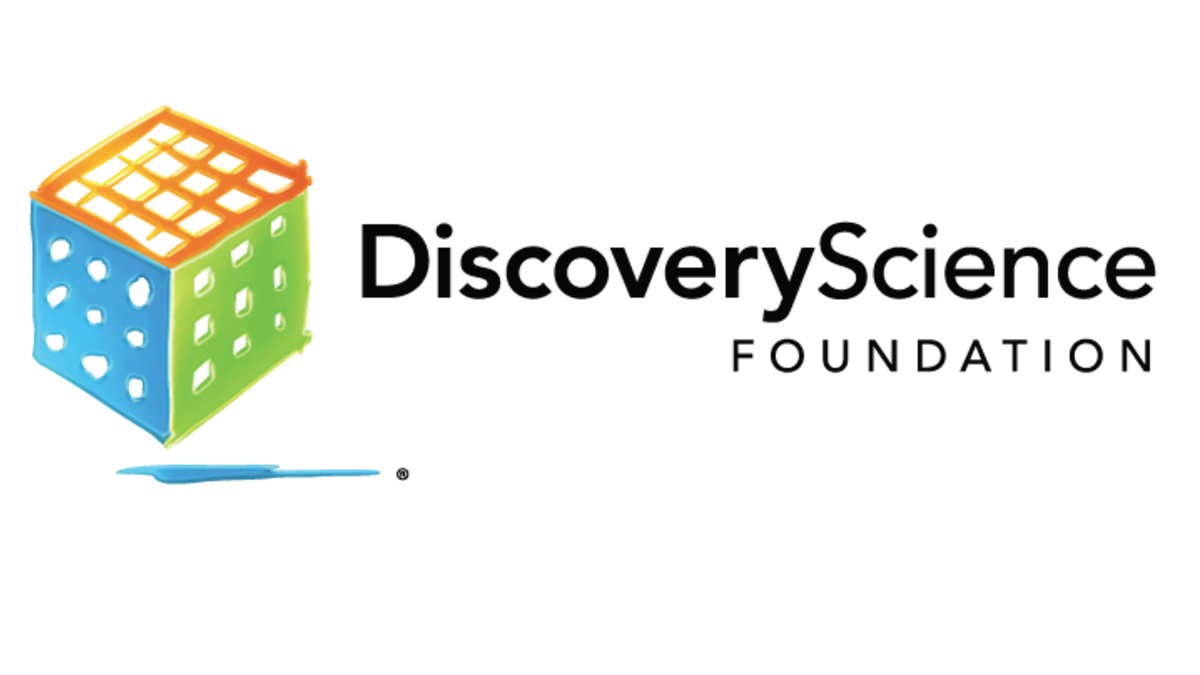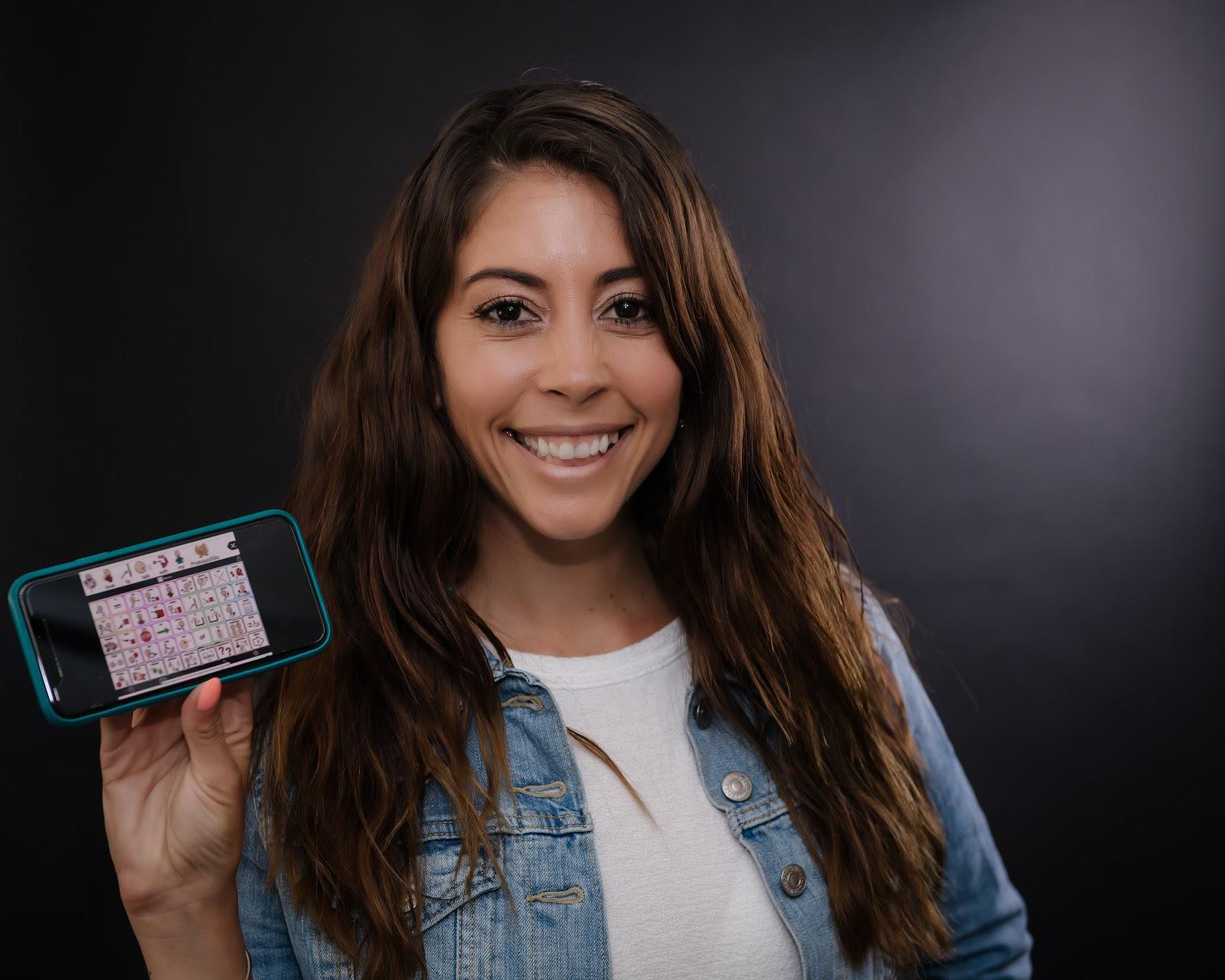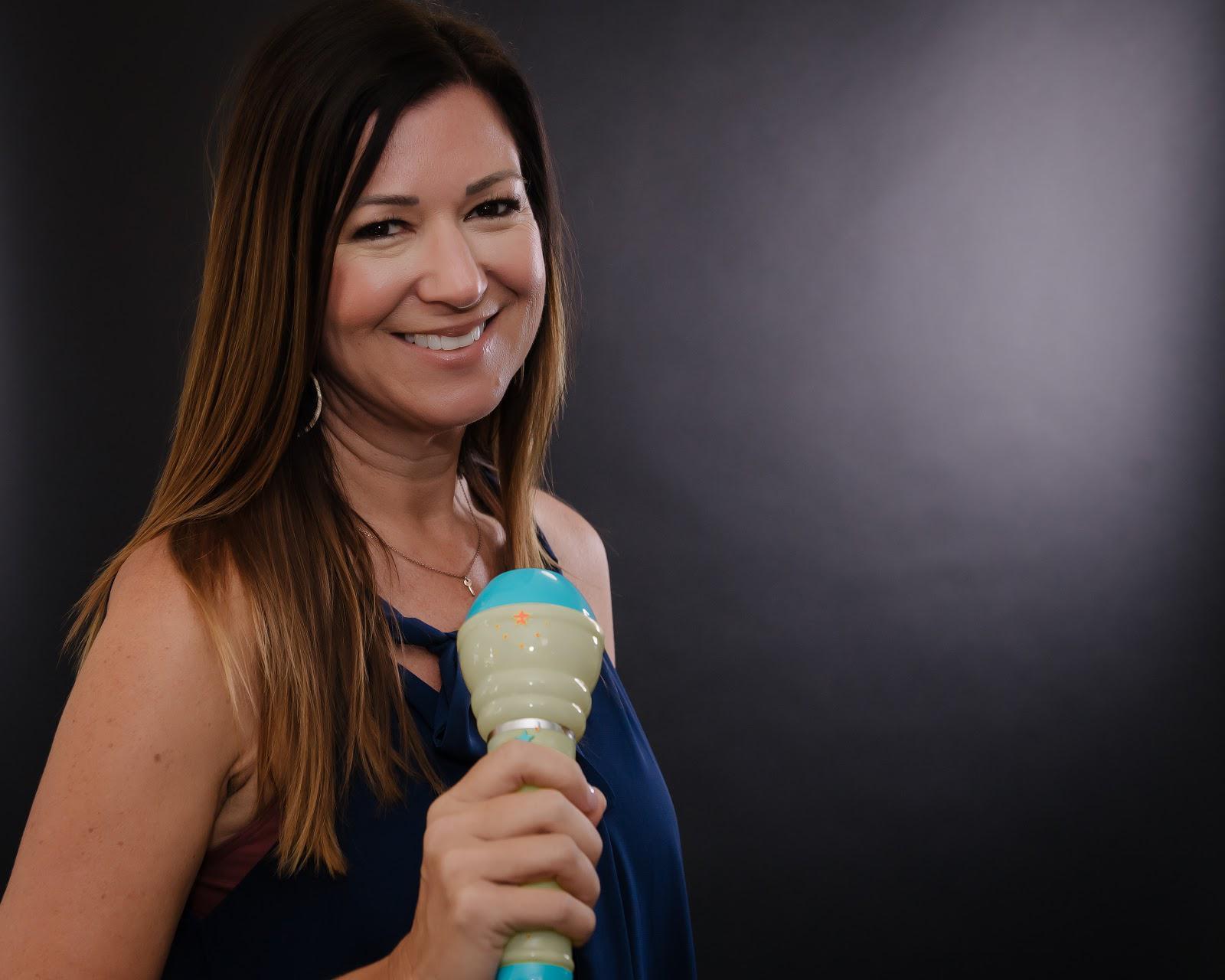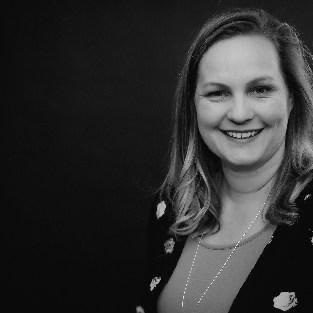Author: Student Support
Behavior Tips: Positive Solutions for Families

Tip #1: Keep Your Expectations Realistic
It is important for you to know and understand your child’s abilities and limitations. When you expect too much or too little from your child, it can lead to problems and frustrations for you both.
Example: You are in a restaurant with a group of friends. The waiter took your order over 30 minutes ago and your food still hasn’t arrived. Simone is getting impatient. Instead of feeling frustrated with her, try taking her for a short walk to give her a needed break.
Tip #2: Plan Ahead
Try to anticipate what your child may do or need in various situations. Be sure to plan ahead to set your child up for a successful experience. Hope for the best, but plan for the worst. Always have a backup plan!
Example: Your family is in the car headed to your mother’s house for dinner. It is usually a short drive, but rush-hour traffic is snarled, it’s 6:30 p.m., and you’re already 45 minutes late. Your child is hungry and asking for food in the backseat. Luckily, you remembered to bring some snacks and water to hold him over until you can make it home.
Tip #3: Clearly State Your Expectations in Advance
To help avoid undesirable behavior, give your child one clear instruction so that he knows what you want him to do.
Example: You are visiting your sister’s house, and your daughter has been playing with her favorite cousin. Over the course of the afternoon, toys have been tossed aside and scattered throughout the room. When you say, “Come on, Alicia, it’s time to get ready to go,” she ignores you completely and continues to play. A better approach might be to say, “We will be leaving soon. I will be back here in five minutes so we can put the toys away together.”
Tip #4: Offer Limited, Reasonable Choices
Most children are not born with the built-in ability to make decisions and then accept the consequences. In order for your child to learn to take personal responsibility, they will need plenty of support and practice.
Example: You have just picked up your son and he doesn’t want to get into the car. You sense a battle of the wills coming on. One way to avoid a struggle might be to say, “Zachary, do you want to climb up in there yourself, or do you want me to put you in?”
Tip #5: Use “When…Then” Statements
A “when…then” statement is a simple instruction that tells your child what to do to earn a desired consequence (what he/she wants to do). This is also known as a contingency statement. When you use a contingency statement, be sure you do the following: (1) give it a positive focus, (2) state it only once, (3) set a reasonable time limit, (4) follow through.
Example: It’s a sunny day and your barefoot child has decided she would like to go out to the backyard to play. She starts going outside and you stop her and say, “No, put on your shoes.” She starts to throw a tantrum. Here’s an alternative approach you might want to use next time. “When you put on your shoes, then you may go outside.” You are not just saying “No.” You are letting her know what needs to happen in order for her to reach her desired destination.
Tip #6: Catch Your Child Being Good
Emphasize specific, positive attention to the behavior you want to see. This will teach your child what you want him to do and increase the likelihood that this behavior will occur again and again.
Example: You are enjoying a remarkably calm family meal. Instead of waiting for your child to begin fidgeting, trying to leave, or stuff green beans down his shirt, you look at him and exclaim, “Manuel, it makes me so happy to see you eating your dinner!”
Tip #7: Stay Calm
When your child’s behavior is unacceptable, you can choose to either respond or ignore it. If you decide that a reaction is required, remember that the least response necessary is usually best. Acting calm with a minimum of attention will reduce the risk of strengthening the very behavior you wish to discourage. When you remain calm, it also gives you time to think about how you want to respond as you are modeling desired behavior for your child. The more out of control your child becomes, the more self-control you will want to show. When you remain calm, your child learns appropriate ways to respond to difficult situations.
Example: You are cleaning your house in preparation for your in-laws’ annual visit. You go into the kitchen for just a moment and return to your family room to find that your son has colored on a white wall with red and blue crayons. Rather than immediately reacting, you think twice, take a deep breath, and calmly say, “Christopher, paper is for coloring; Mommy’s walls are not,” and move him to a location with materials where he can continue to create his art on paper.
Tip #8: Use Neutral Time
Neutral time cannot be found in the middle of a difficult situation filled with strong feelings. Instead, neutral time is when everyone is calm enough to think and talk and listen. It’s important to remember that neutral time can occur either before or after a child’s unacceptable behavior occurs. You can talk about what happened earlier and discuss positive ways to handle problems in the future. The challenge is to identify neutral time and make use of these opportunities.
Example: You are sitting on the sofa reading books with your daughter when you look up at the clock and realize it is 7:30 pm and bedtime is approaching fast. Getting Emma to brush her teeth each night has become more and more of a struggle. As you hold her on your lap, you say, “Almost bedtime, kiddo. Hey, tonight I am going to brush my teeth at the same time you do. It’ll be fun for us to do this together!”
Spotlight: Student Support Care Team

Our Student Support Care Team (at Exploration) and 1:1s (at the school sites) help our learners receive the necessary support to succeed and meet their IEP goals. They work with our learners virtually in the Exploration program and on-site in the classrooms. Meet two of our amazing team members, Corinne and Tasheba!
Corinne Megnin, iLEAD Exploration:
 My name is Corinne Morris (Megnin), and I have been with iLEAD Exploration for five years and am honored to work with such incredible learners, parents, and colleagues! I currently work as a middle school and high school Student Support Care Team member and assessment team assist. I grew up in many different places, but California will always be my home away from home. I studied art education at CSUF and have loved being able to implement some aspects of art in the classroom as I teach virtually. I live with my husband in the GTA of Ontario, where we assist at our local church in many ways but especially with teaching the children, youth, and young adults in the community. We are passionate about seeing this next generation succeed in all things!
My name is Corinne Morris (Megnin), and I have been with iLEAD Exploration for five years and am honored to work with such incredible learners, parents, and colleagues! I currently work as a middle school and high school Student Support Care Team member and assessment team assist. I grew up in many different places, but California will always be my home away from home. I studied art education at CSUF and have loved being able to implement some aspects of art in the classroom as I teach virtually. I live with my husband in the GTA of Ontario, where we assist at our local church in many ways but especially with teaching the children, youth, and young adults in the community. We are passionate about seeing this next generation succeed in all things!
Fun Fact: I have traveled to five of the seven continents and have lived in three of them! In my free time, I enjoy painting, jogging, and watching movies!
Superpower: I could probably beat someone in an eating contest. I am also really good at listening and connecting with learners about their favorite things.
Tasheba Howard, Empower Generations/Innovation Studios:
My name is Tasheba Howard, and I have been in the education field for eight years. I have a bachelor’s degree in child development. I am currently in the master’s program focusing on inclusion. I am an advisor/testing coordinator at Empower Generations/Innovation Studios.
Fun Fact: I love food!
Superpower: I am supportive and I enjoy helping others.
Youth Leadership Forum for Students with Disabilities

The California Department of Education, Special Education Division, on behalf of the California Committee on Employment of People with Disabilities (CCEPD), requests assistance in delivering this information regarding the Youth Leadership Forum (YLF) to high school students with disabilities.
The YLF is an annual leadership program that provides information and resources for high school students with disabilities on a wide range of subjects, including employment, education, independence, and assistive technology. Students will have the opportunity to interact with their peers and staff to develop long-lasting friendships and networking opportunities.
The YLF will take place from (tentatively) July 11–17, 2020, at California State University, Sacramento. There is no program or travel cost for parents to pay. All selected delegates’ expenses are sponsored through a public-private partnership.
The 2020 application and related documents, including an outreach flyer, can be found here. Please provide this information to any organizations and contacts you have that work with youth to help us get a diverse and qualified group of applicants. An informational guide about the YLF program is published on the DOR web page here.
Students must complete an application, write an essay, and provide letters of recommendation. Students will also be interviewed by a team in their local communities. This is a competitive process and not all students will be selected. YLF applications must be completed electronically and emailed to ylf@dor.ca.gov.
For additional information, please contact Timothy Nash, Associate Governmental Program Analyst, California Department of Education, Special Education Division, by phone at 916-319-0465 or by email at tnash@cde.ca.gov; or Matt Traverso, Associate Governmental Program Analyst, California Department of Education, Special Education Division, by phone at 916-327-3690 or by email at mtraverso@cde.ca.gov.
Discovery Cube

Discovery Cube is a nonprofit science center that offers fun and interactive exhibits and engaging programs in Orange County and Los Angeles.
You can check it out on their LA website or Orange County website, depending on your location.
For more information about Discovery Cube and to check out their exhibits and events, visit here.
Upcoming Events
2/17: Presidents Day – Observed Holiday
Speech & Language Development

The American Speech-Language-Hearing Association (ASHA) website describes typical speech and language development and what to expect from children in elementary school (grades K-5) by providing specific expectations for listening, speaking, reading, and writing.
Check it out here.
CNS: Brain Function

The Centre for Neuro Skills has great resources for understanding brain mapping and the functional effects of site-specific brain injuries. Check it out here.
Website: Mommy Speech Therapy

Mommy Speech Therapy is a fabulous resource for families wanting articulation homework at their fingertips. Heidi Hanks has developed pages of pictures for each speech sound at the word level, phrase level, and sentence level.
Check it out here.
Meet Our Speech Team

iLEAD’s speech team works every day on assessments and providing speech services for our IEP learners. We are so thankful to have them on our Student Support team!

Kathleen Walker
Superpower: Humor
For over 20 years, Kathleen has been helping young children (as early as 18 months) through young adults (as old as 22) learn how to communicate to the best of their abilities. She is now in her fourth year as an iLEAD parent and just joined the iLEAD Lancaster Student Support staff as their in-house Speech-Language Pathologist.
 Jillian Yudin
Jillian Yudin
Superpower: Kindness and Empathy
For over 18 years, Jillian has been working with children with all abilities, focusing on speech-language deficits. She loves to figure out how children communicate, create innovative lessons, and provide support to families. Jillian has great knowledge in social pragmatics, AAC devices, apraxia, and other speech sound disorders. She is a trained provider in the PEERS UCLA Evidence-Based Social Skills Training.
 Suzanne Henriquez
Suzanne Henriquez
Superpower: Loyalty
Suzanne has been an SLP in the public school setting for the past twelve years with experience ranging from birth through high school. She received her BA from the University of Redlands in 2006 and her MA from California State University Long Beach in 2009. Suzanne is passionate about her learners’ motivation to learn and parent involvement to facilitate each individual learner’s success.

Camille Hernandez
Superpower: Flexibility and Empathy
Camille has worked with children and families over the last 10 years as a Behavior Therapist and Speech Assistant across clinical, school, and home health settings. She has experience ranging from preschool to adults and enjoys creating different lesson plans and activities for every age group. Camille enjoys being a part of the iLEAD Exploration team, where she can collaborate with others to best serve her learners.

Dr. Amanda Buchheit
Superpower: Multitasking, Calmness, and Empathy
Dr. Amanda Buchheit has over 20 years of experience working in behavior health and in the speech and language field. She has worked across settings as a speech and language pathologist in the traditional school setting, charter school setting, private practice, and in skilled nursing facilities. Dr. B loves that she gets to support so many families at iLEAD to ensure that they receive the services they need.

Shaun Newrones
Superpower: Empathy
Shaun has been in the field of speech and language for over 20 years. Her experience varies from early intervention to rehabilitation, clinic-based, schools, and private practice. Shaun loves working at iLEAD, where she can be a collaborative team member and help her learners achieve their speech, language, and communication goals.

Tina Balena
Superpower: Listening
Tina has 20 years of experience volunteering with all age groups and coordinating large and small events. She received a minor in psychology and both her BA and MS degrees from Cal State Northridge. She has been a practicing Speech-Language Pathologist for four years in private practice, hospital, acute rehab, and home health settings. Her experience ranges from infant through geriatrics with specialization in fluency, voice, swallowing, neurocognitive rehabilitation, articulation, and head and neck cancer treatments. Tina is excited about her new adventure in the charter school setting and working with the iLEAD family at the SCVi campus.
 Jaslynn Cayless
Jaslynn Cayless
Superpower: The ability to adapt well in any situation
Jaslynn Cayless is a speech and language pathologist assistant (SLPA). She recently graduated from Pasadena City College in June 2019. She obtained her license by completing a two-year program with the best teacher ever; she was so awesome! While completing her schooling, she got the opportunity to work with all different ages, disabilities, and settings. August 2019 is when she joined the iLead team in Lancaster CA. It has been an amazing journey for her so far, meeting all her students and working alongside great staff. She has 3 children, and she loves being around her family. What she loves about being a speech therapist is that she gets to help change someone’s life and make them feel more confident and good about themselves.

